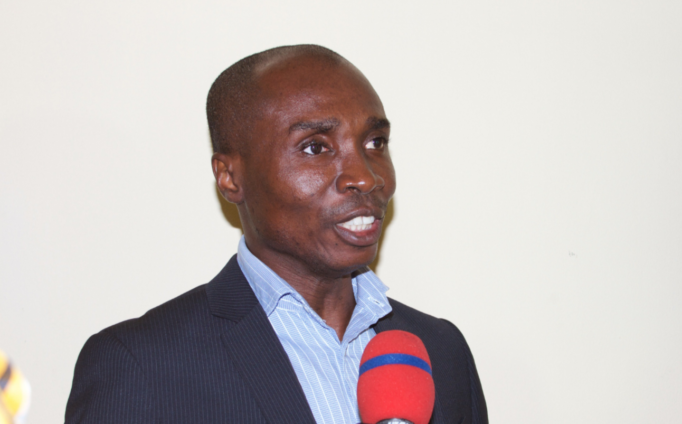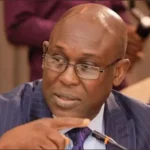ACCRA — Economist Professor Patrick Asuming has urged the Bank of Ghana (BoG) to adopt a more cautious approach to monetary policy easing, cautioning that the recent 350 basis point cut in the benchmark policy rate to 21.5% could jeopardize hard-won progress in taming inflation, especially with looming increases in utility tariffs. Prof. Asuming’s remarks highlight potential vulnerabilities in Ghana’s economic recovery despite the central bank’s optimism over disinflation trends.
The BoG’s Monetary Policy Committee (MPC) announced the bold reduction on September 17, 2025, during its 126th meeting, slashing the rate from 25% to 21.5% in a move larger than the 200-300 basis points anticipated by analysts. Governor Dr. Johnson Asiama attributed the decision to a “sustained decline in inflationary pressures,” with headline inflation dipping to 11.5% in August—the lowest since October 2021—and the Ghana cedi appreciating 21% year-to-date against the US dollar. This follows a 300 basis point cut in July, bringing cumulative easing to 650 basis points and signaling confidence in fiscal reforms under President John Dramani Mahama‘s “Reset Ghana” agenda. Governor of the Bank of Ghana, Dr. Johnson Asiama projected inflation would stabilize within the 6-10% target band by year-end, supported by robust GDP growth of 6.3% in Q2 2025, driven by services and agriculture.
Ghana’s economic landscape has improved markedly since the 2022-2023 crisis, when inflation peaked above 50% amid debt woes and cedi depreciation. The IMF-backed $3 billion Extended Credit Facility, combined with gold and cocoa export booms—gold prices at $3,400 per ounce—have bolstered reserves by 41%, easing forex pressures. The rate cut aims to stimulate lending, with commercial banks expected to pass on savings to businesses and households, potentially boosting investment in a nation where youth unemployment stands at 13% and private sector credit remains stifled at high rates above 30%.
Tariff Risks and Calls for Measured Easing
Prof. Asuming argues the MPC’s aggressive stance overlooks medium-term threats. “While disinflation is encouraging, the BoG should have been more measured—the economy still faces risks from external shocks and domestic factors like rising utility tariffs,” he told Joy FM, echoing concerns raised by BoG itself.
The Electricity Company of Ghana (ECG) has petitioned the Public Utilities Regulatory Commission (PURC) for a 225% hike in distribution charges, while water tariffs could rise 2.45% from July, driven by cedi volatility, fuel costs, and inflation projections at 20.67% for Q3. Dr. Asiama acknowledged these could “exert some price pressures,” potentially reversing inflation gains and straining households already burdened by past hikes.
Prof. Asuming’s critique builds on his July warnings about the prior cut being “too sharp,” advocating for smaller adjustments to gauge sustainability amid harvest seasons and cedi fluctuations. He noted that while banks might lower lending rates modestly—perhaps 120 basis points via the Ghana Reference Rate—transmission could be limited by non-performing loans and risk aversion, benefiting mainly creditworthy clients over SMEs. Global headwinds, including US trade tensions and IMF’s revised 3.0% world growth forecast, add to the mix, potentially impacting Ghana’s exports.




